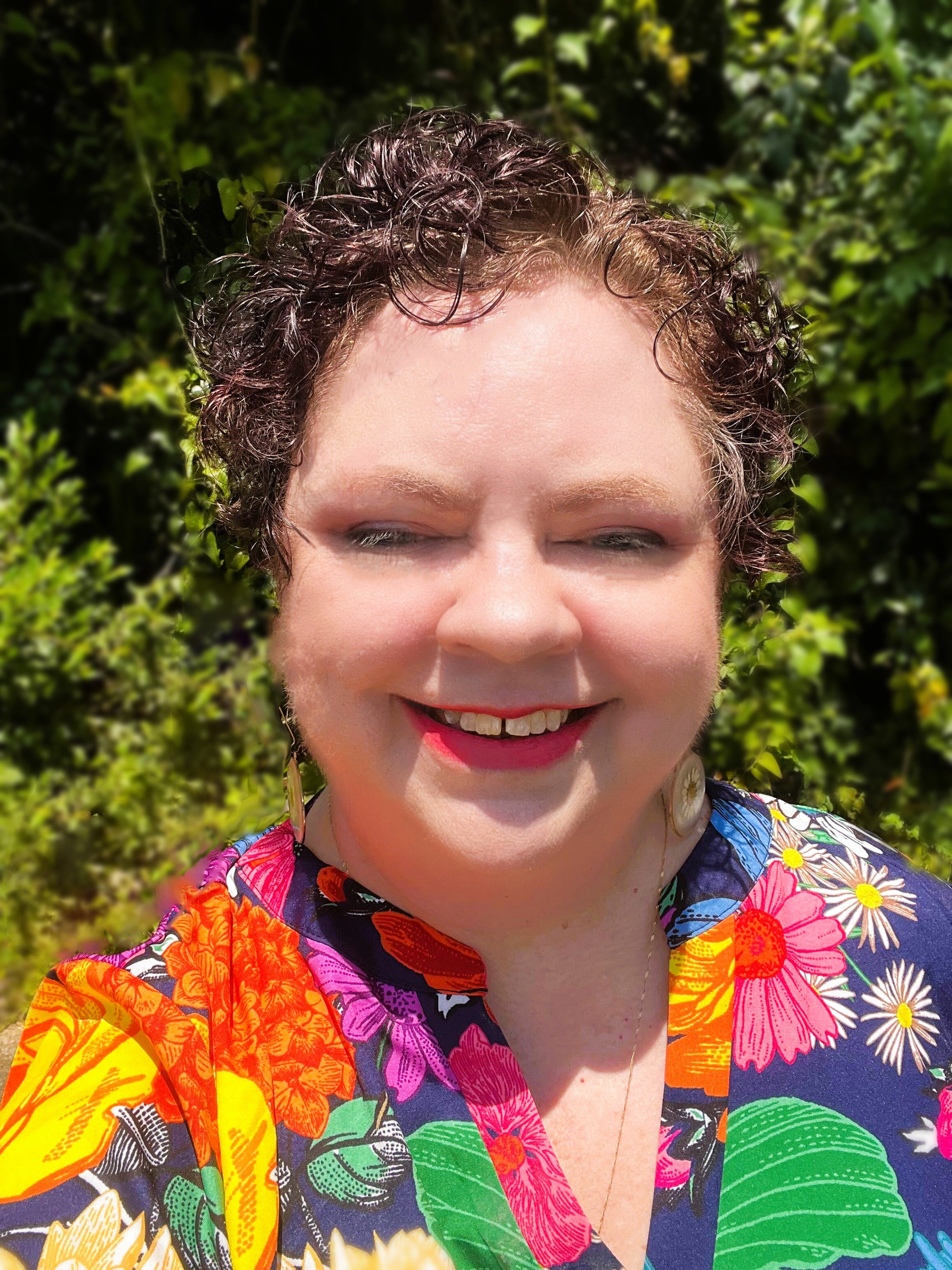Park and Rec introduces new fees policy
Published 11:25 pm Wednesday, October 14, 2015
Luverne’s Park and Recreation Board introduced a new fee policy to accommodate the growing demand of travel teams.
Teams can now practice up to two nights per week, on Tuesdays or Thursdays, at a rate of $15 an hour. If at least 60 percent of players play for Luverne’s rec league, the fees are waived.
The new policy also addressed tournament rentals, offering two new options. In option one, teams can pay $150 for a block of fields. All proceeds gained from the gate, concessions and the use of the field go to the renter.
The second option is to pay $75 per block of fields and allow Luverne Park and Recreation to keep the concession proceeds.
Blue Krush softball coaches, parents and players met with Luverne’s Park and Recreation Board last month to request a change in park rental pricing.
Organizer Marvin Barginere said his nonprofit organization could not afford the $75 rate for two-hour practices after dark.
Mayor Joe R. Sport is a member of the board. He said the price was in place to cover the rising costs of electricity.
“And that’s the main reason we’re here. We don’t believe that $75 is a fair price for turning on the lights. I don’t think it costs $75 to turn the lights on,” Barginere said. “We don’t want it for free, but we want it to be reasonable.”
Barginere also took issue with the daily rates for renting the park. He quoted $125 for half the park and $300 for the entire park. The fees included umpires, security, field prep and maintenance.
“We get our own umps … and police patrols the park. Why should we have to pay extra for that?” he said.
Barginere took offense to Sport’s implications that he made a profit from running Blue Krush.
“That’s totally, totally wrong,” he said. “Nobody benefits, other than the girls.”
Parents ante up to cover tournament fees and any expenses the teams incur. Barginere estimated the annual costs to be more than $4,000 per player, which was another reason he found it hard to come to parents and ask for them to pay a fee for using Turner Park for a batting practice once a week.
“To turn around and ask them to pay an unreasonable amount for lights, I don’t think it’s fair,” he said. “I especially don’t think it’s fair for the girls. Seventy-five for two hours is not fair, not at all. Can you look those parents in the face and tell them that’s what it will cost?”
Blue Krush players drive to Luverne from neighboring areas like Montgomery, Greenville, Red Level, Troy and Enterprise. Many are residents of Luverne. Board member Gary Sport asked Barginere to estimate how many of his players lived within city limits. He also asked for an estimate of players who also participated in Luverne’s league.
Barginere said, of 71 girls, he estimated 20 to 25 participated and 10 to 12 were from Luverne. An 8-and-under coach estimated nine of his 13 players played at the park. Barginere said unfair practices like the park charging $75 for softball teams to turn on park lights while running lights on unused tennis courts kept others from joining park leagues.
“I come home from a football game at 11 p.m. or 12:30 a.m. and the tennis lights are on. Nobody’s on it,” he said.
The lights on the tennis courts are set with a timer to go off nightly at 11:30 p.m. Lights around the walking track are also on a timer. The ball fields do not have a timer. The city would have to pay an employee to stay until softball teams finished.
“Those lights (on the tennis court) were put out there when the Koreans came here. They’re the only ones who play tennis,” said Mayor Sport.
The Mayor referred to those who relocated to Luverne to work at SMART America and Dongwan Auto Parts, two of the city’s largest employers.
“So, the Koreans who came here 10 to 15 years ago are more important than those two girls right there?” said Barginere, pointing to two Blue Krush players who attended the meeting. “So, I guess our kids just don’t matter.”
Mayor Sport said the 1500-watt bulbs on the ball fields were very expensive and the costs had to be covered by the city’s electric board. He added that the city only made a 15 percent profit on the retail sale of electricity.
“I’m not here to argue with you,” he said.
Luverne resident Earl Dees suggested the city allow the organization to practice for free for 60 days while the board reaches a decision. He also reminded the board that softball practices and tournaments drew in tax revenue related to travel and dining.
Only one of six Blue Krush teams needed to practice after dark for one day per week.





